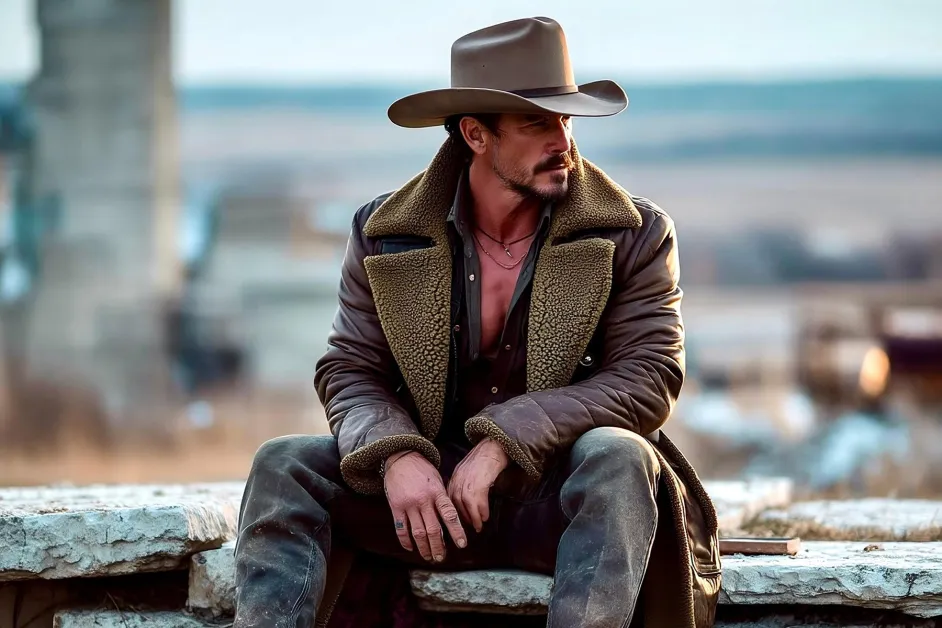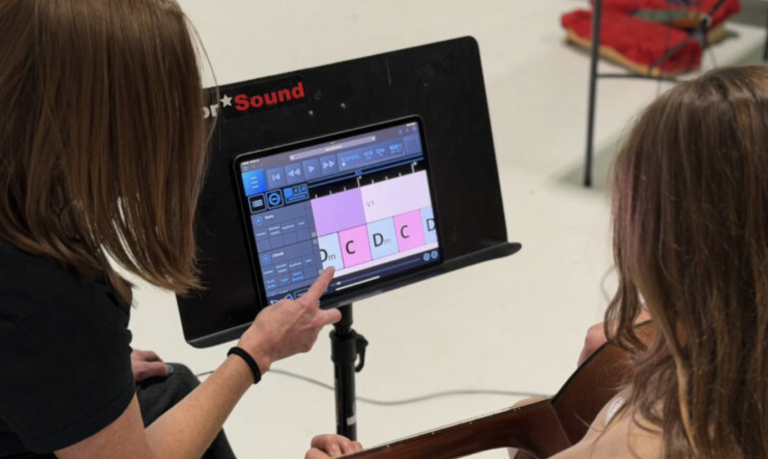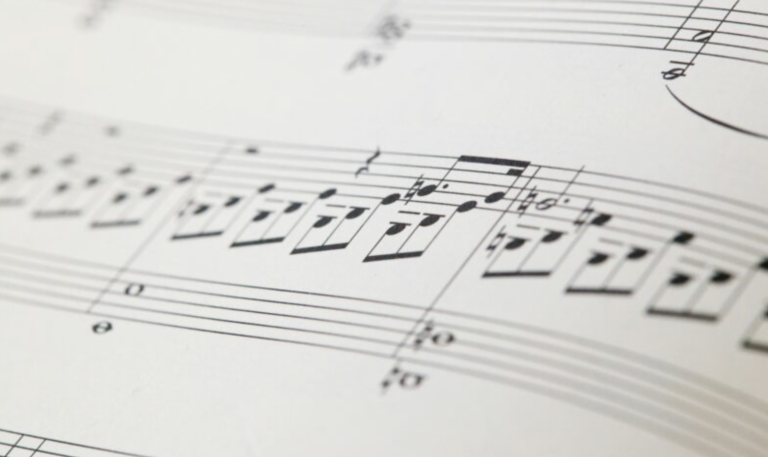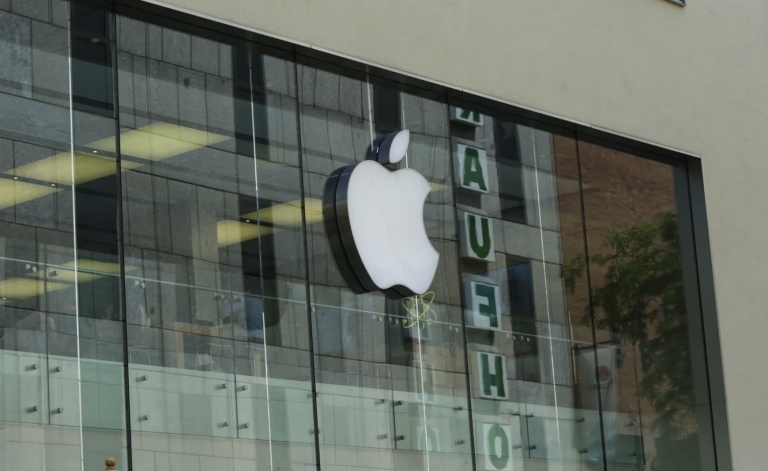
AI-assisted songs have started appearing on country charts and stirred debate. Breaking Rust and Cain Walker recently landed on Billboard’s Country Digital Song Sales list. Their sales numbers are modest, but their presence raises hard questions about authenticity, radio programming, and artist careers.
Detecting AI & Industry Reaction
Billboard flags AI content by checking artist pages, running detection tools, and contacting creators. Those checks put AI tracks squarely on the industry radar. Country radio has largely avoided adding these songs to rotation. Consultants warn that listeners dislike AI voices and may switch stations if they hear them. Managers add that AI tracks take chart space from developing artists. Losing those chart positions can limit touring opportunities, publishing income, and brand deals for human musicians.
Some labels are negotiating deals with AI startups to license catalogues and create commercial AI products. At the same time, artists and lawmakers push for protections. Martina McBride backed the NO FAKES Act to block unauthorized replication of voices and likenesses. The industry now faces two clear tasks: craft fair commercial deals and protect artists’ identities. Both tasks affect revenue and fan trust.
Listener Behavior & Radio’s Role
Fans of country music value real stories and human imperfections. Casual listeners might stream an AI song once or twice. Dedicated fans tend to follow artists who tour, speak honestly, and grow over time. Radio still matters as a curator and revenue driver. Programmers decide what fits their audience and ad partners. Many gatekeepers say they will play a song only if it truly connects with listeners and supports broader artist-driven income.
AI in music signals change but does not end human artistry. The technology can open creative doors, create new business models, and spark legal clarity. It can also crowd charts and complicate artist development if left unchecked. Industry stakeholders should act now to label AI content clearly, ensure creators receive fair compensation, and defend the human connections fans prize.
If labels, radio, platforms, and lawmakers work together, country’s focus on real voices can remain a competitive strength rather than a casualty of novelty.








